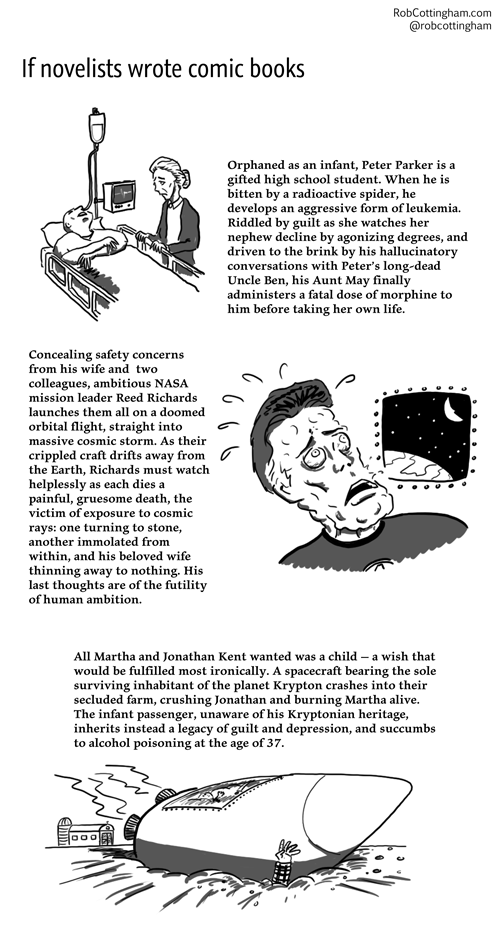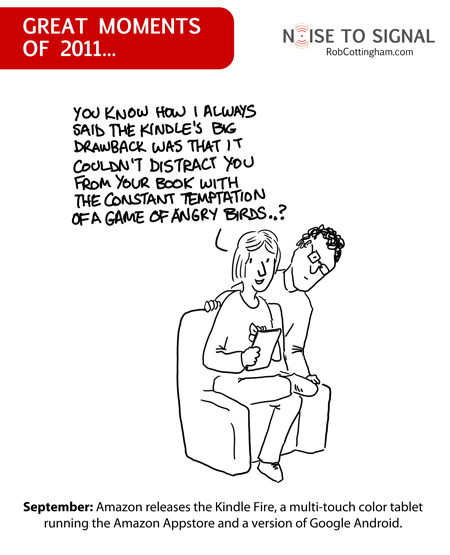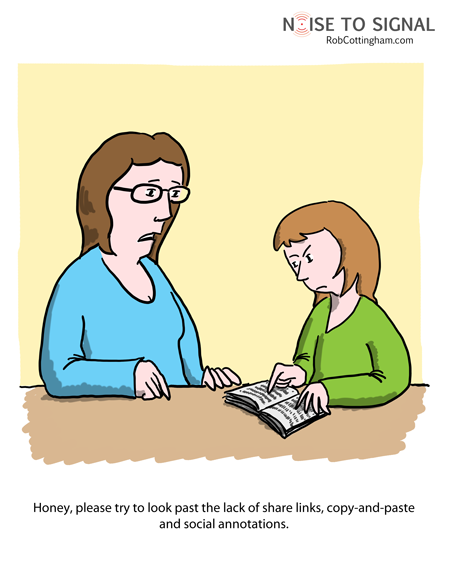I’ve become a lot more ruthless about giving up on books than I used to be.
Time was when it would take an act of physical coercion to get me to abandon a novel, no matter how tedious or disturbing I was finding it. But somewhere along the line, I closed one too many back covers thinking, “What the hell was that?”
Maybe it was trudging my way through the back half of Philip K. Dick’s VALIS that pushed me over the edge. (It was ambitious as hell, this being Philip K. Dick… but damn, it was a mess.) I do distinctly remember bailing on Tolkein’s The Silmarillion with exactly zero sense of guilt.
Since then, I’ve become a sudden-death reader, tossining books aside for reasons ranging from misogynist writing to an irritating authorial voice. I dumped one highly-recommended book after the first few paragraphs made me realize I was in for two hundred pages of ersatz Neil Gaiman without the insight or wit.
I’ve dropped out of really, really good books because I could feel the clouds of grim foreboding, and wasn’t prepared to follow the narrative down into the depths of despair. Maybe someday I’ll develop the strength of character to return to Mistry’s A Fine Balance, but sweet mother of pearl, was that ever bleak.
Then again, I was wowed by the brilliant Fall On Your Knees, where the plot basically goes “Oh, you thought what just happened was bad? It’s actually so much worse than you think.” And where a novel gives me a perspective I can’t find elsewhere, or explores an idea I’m encountering for the first time, or is otherwise funny and entertaining as hell, I’m a lot more willing to hang in there.
What it comes down to is, in a world filled with terrific books, life’s too damn short for meh.
Okay: your turn. What’s your mid-book deal-breaker? What’ll make you toss a tome, reject a read or spurn a screed? And what books have you given up on?

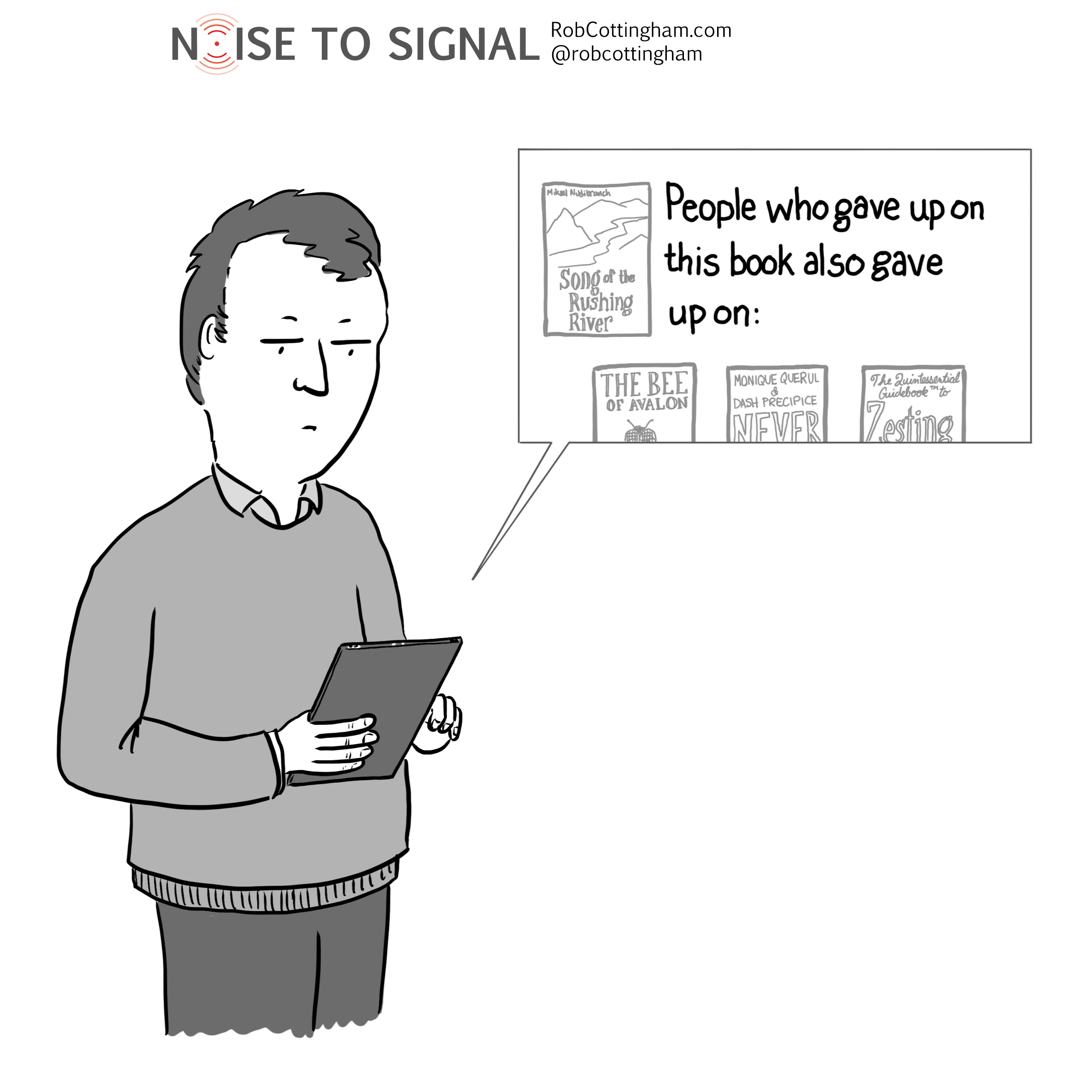
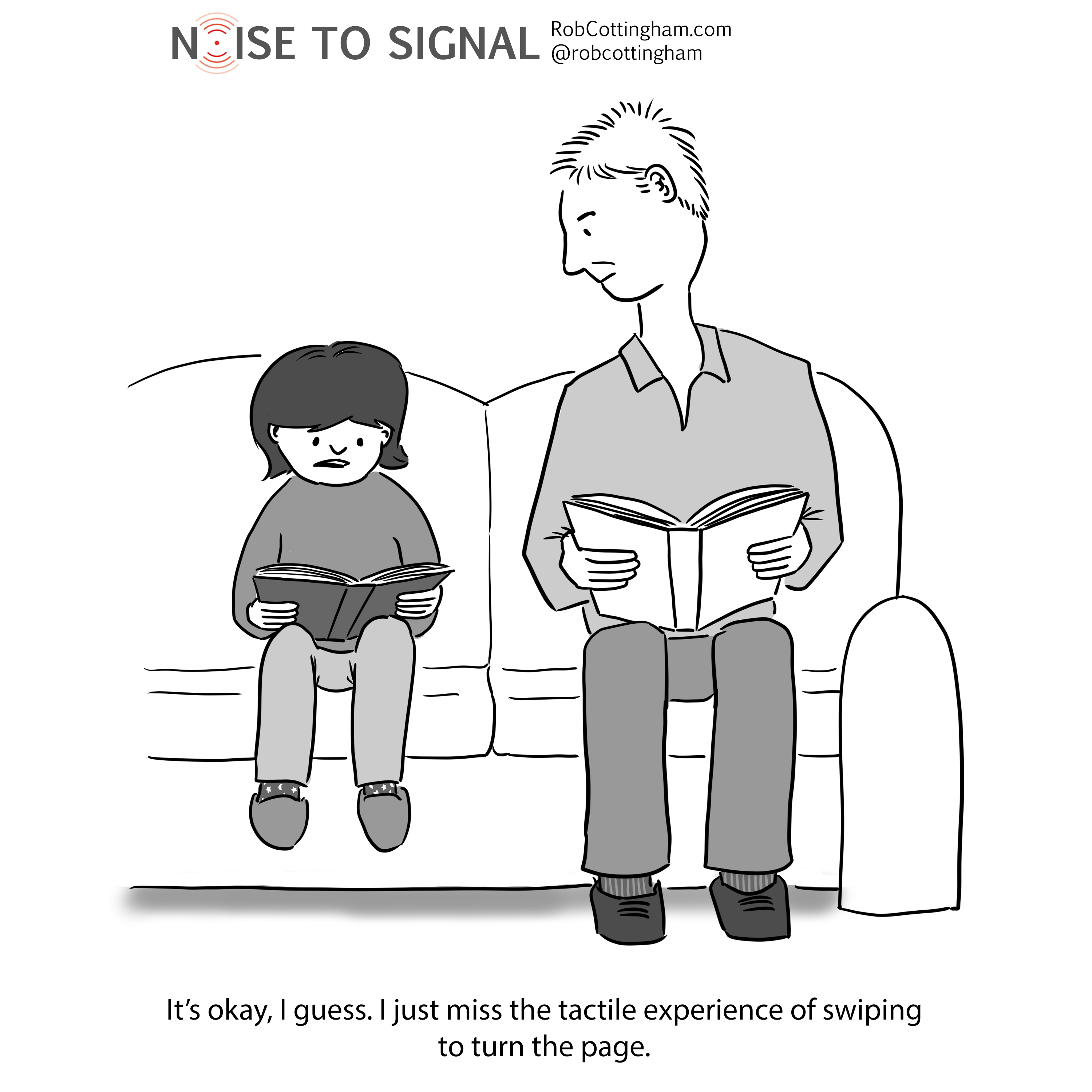
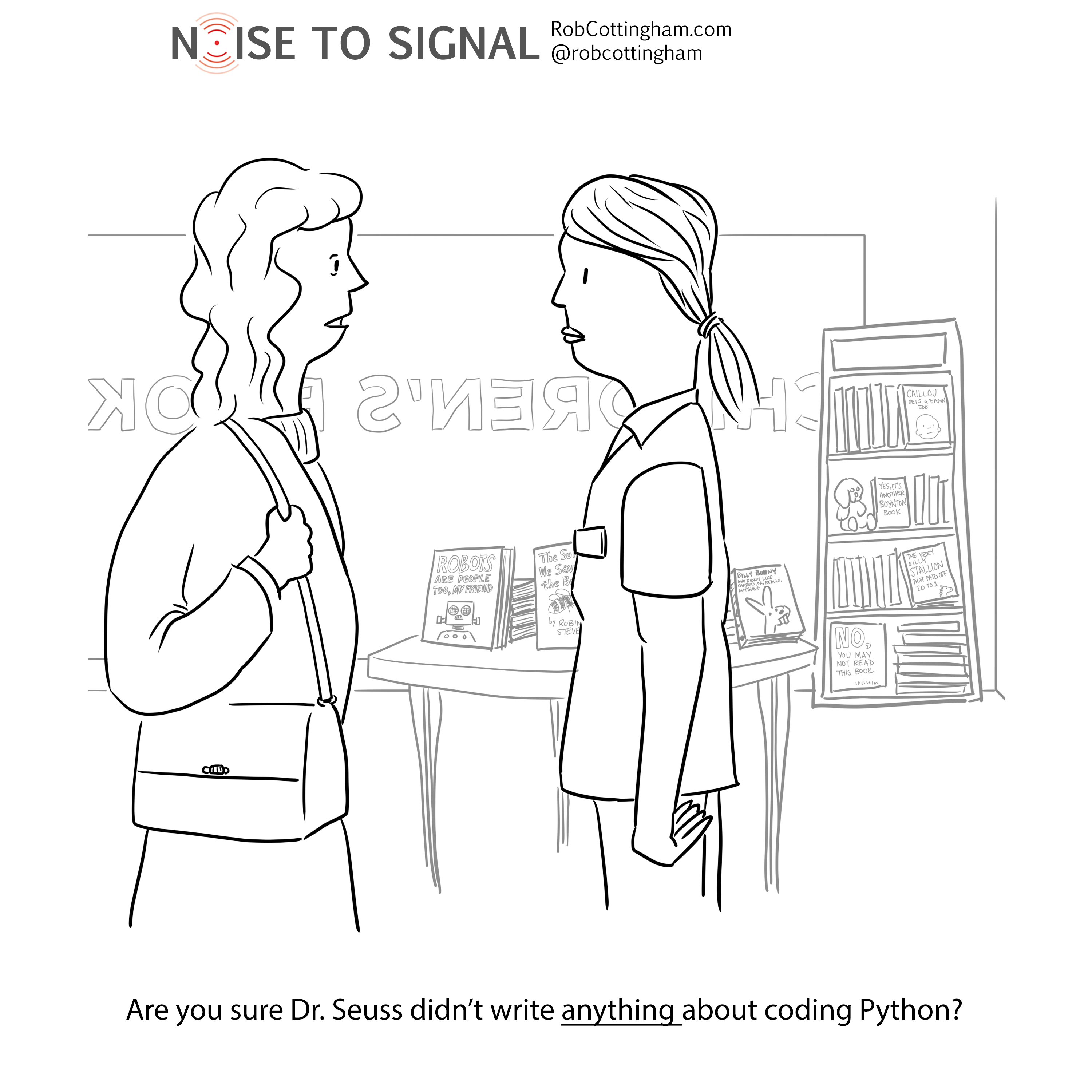
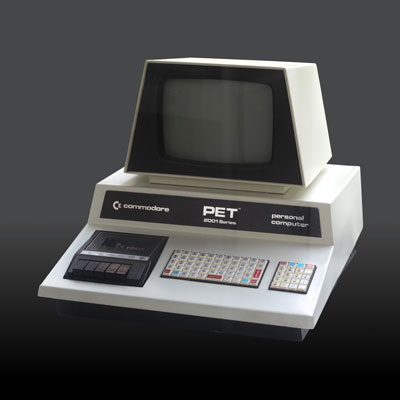 I love the mania today for teaching kids to code. I’m glad it’s a lot easier than it was when I first started stringing commands together.
I love the mania today for teaching kids to code. I’m glad it’s a lot easier than it was when I first started stringing commands together.